Professional Skills Development
Montessori Elementary Soft Skills Curriculum
Executive Functioning, Social and Leadership Skills
The Soft Skills Children Need to Reach their Potential
The difference between a young adult who flourishes, who goes after his or her goals with gusto, who makes their dreams into a reality, and one who flounders, who checks boxes but isn’t fulfilled and happy, is often a difference in soft skills, not in academic achievement or test scores. This is where Montessori Elementary excels. Every day, Montessori children have the opportunity to develop executive functioning, personal and social skills—in a carefully-prepared environment, and with individualized support and coaching by their Montessori teachers.
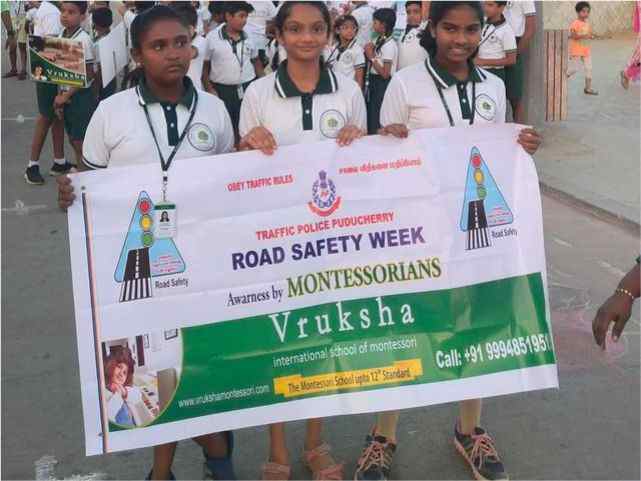
Sustaining Intrinsic Motivation
In contrast to many traditional school programs, which rely more heavily on graded, teacher-directed assignments and significant homework, our Montessori Elementary program motivates intrinsically. Research shows that purpose, autonomy, and mastery are the most effective motivators. Thus, children have a say in how to do their work—where, when and with whom. Assessments are based on mastery, and portfolios of work help children see the progress they have made over time, rather than comparing one child to another. A clear purpose such as getting ready for a Going Out, or presenting research results, or publishing a story helps motivate children to do their best work.
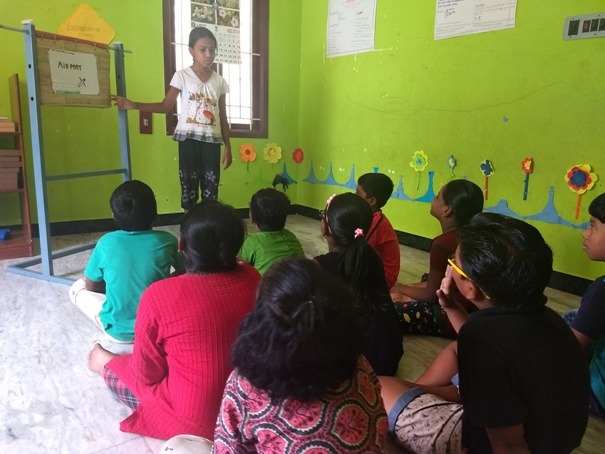
Building a Growth Mindset
Researcher Carol Dweck discovered that a person’s mindset can have a significant influence on their flourishing in life. “In a fixed mindset, people believe their basic qualities, like their intelligence or talent, are simply fixed traits. They spend their time documenting their intelligence or talent instead of developing them. They also believe that talent alone creates success without effort. They’re wrong. In a growth mindset, people believe that their most basic abilities can be developed through dedication and hardwork where brains and talent are just the starting point. This view creates a love of learning and a resilience that is essential for great accomplishment. Virtually all great people have had these qualities.” Montessori Elementary is a good environment for helping children sustain a growth mindset: Children aren’t punished or graded for mistakes. Assessments focus on improvements an individual has made e.g., by comparing portfolios over time, as against comparing one child against another. Children are encouraged to view mistakes as learning opportunities, to tackle big work that may be hard to complete, to use all available resources (including asking others for help), and to persist over long periods of times.
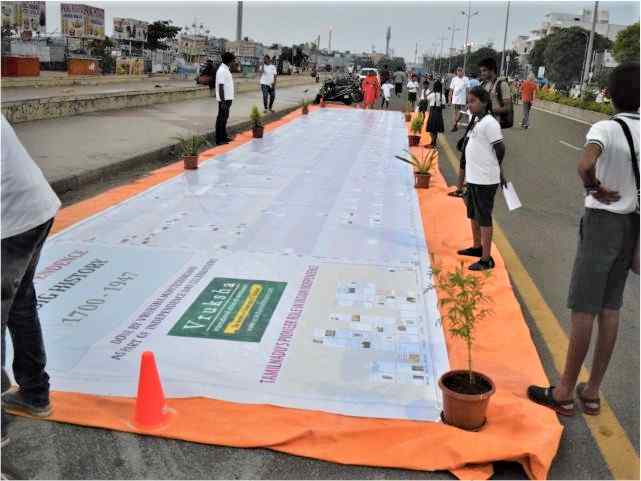
“The heaviest chain, which may bind us in a humiliating form of slavery, is an incapacity to make our own decisions, and the consequent need to refer to others; the fear of making “a mistake,” the sense of groping in the dark, of having to bear the consequences of an error we are not certain to recognize, makes us run behind another person like a dog on a chain. Finally, we shall fall into an extremity of dependence; we shall no longer be able to despatch a letter or buy a pocket-handkerchief without asking advice.”
By Dr. Maria Montessori.Accountability, Organizational Skills, and Time Management
Learning to set goals, to plan, to initiate a task, to manage time
well, and to be organized are important skills a child needs to master. The Montessori Elementary
program helps students develop these essential life skills in a way that’s not possible in a
traditional teacher-led classroom. Students keep track of their own work with individualized
work plans. Initially, a teacher may provide much of the guidance on which work to do in a
given day or week; over time, students learn to set longer-term goals, and break them down
into specific sub-steps. Teachers offer support and coaching to each student as needed, less
for those who show they can handle more freedom, and more for those who aren’t mature or skilled
enough yet.
Teachers keep track of student progress with detailed records, so they can
ensure each student masters grade-level skills. During regular teacher-student conferences,
Upper elementary students discuss what work they have completed and will tackle next week,
and what lessons they want to have. In this way, they are actively shaping and taking ownership
of their educational goal: they feel accountable and are more motivated to follow through,
feeling a sense of accomplishment when they achieve what they set out to do.
Concentration, Self-discipline, and Persistence
Concentration and extended attention span
In Montessori Primary (ages 3-6), children develop the ability to focus for extended periods of time sometimes tackling projects that extend for several hours. Continuing the extended uninterrupted work periods in the Elementary program enables children to grow in their ability to focus and pursue concentrated activities a skill that will serve them well throughout life. Children who can stay focused on their chosen tasks amidst the buzz of a Montessori elementary classroom, where many different types of work happen at any time, are better prepared to sustain focus later in life, amidst the distractions of the Internet or an open-floor plan office.
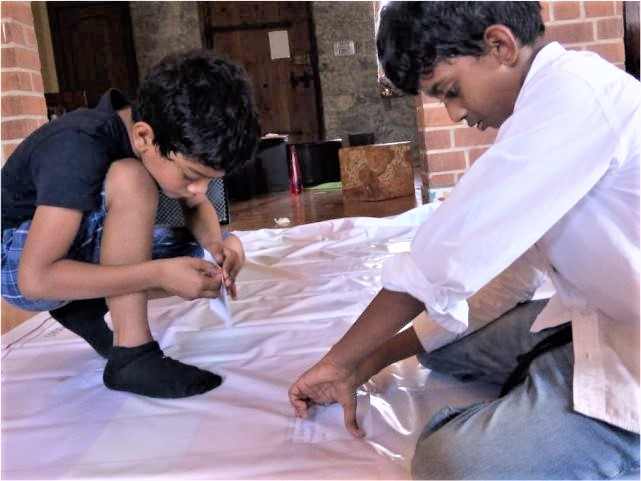
Self-discipline and persistence
Duckworth and Seligman, two leading researchers in the field, summarized the importance of executive functioning shown in one of their studies as follows: “Self-discipline measured in the fall accounted for more than twice as much variance as IQ in final grades, high school selection, school attendance, hours spent doing homework, hours spent watching television (inversely), and the time of day students began their homework. The effect of self-discipline on final grades held even when controlling for first-marking-period grades, achievement-test scores, and measured IQ. These findings suggest a major reason for students falling short of their intellectual potential: their failure to exercise self-discipline.” Throughout the Montessori elementary years, children have increasing opportunities to choose bigger projects and learn, with support from their teachers, to see them through to completion, despite competing priorities and inevitable challenges they may encounter. They experience the reward that comes from choosing challenging work and seeing it through to an end goal they can be proud of.
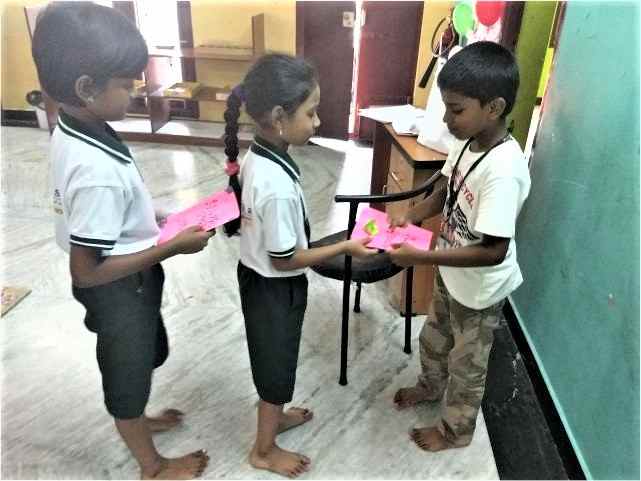
Cooperation, Communication Skills, and Leadership
Cooperation
In real life, working together, and learning from each other, mentoring and being mentored, are important skills for success. In contrast to many traditional schools, collaborating, and the inherent learning that occurs when children work with each other, are built into each day. For example, a child who wants to work on a science project that requires multiple participants needs to recruit peers to work with him, ensure that all three people are free at a given time, and that the materials are available. If he micro-manages his peers, or isn’t respectful, or doesn’t follow-up on his commitments, he may find it harder to get a team together the next time a learning opportunity that is amplified during a one-on-one meeting with a teacher, who asks him to reflect on what happened, and to role-play better ways to speak to his friends.
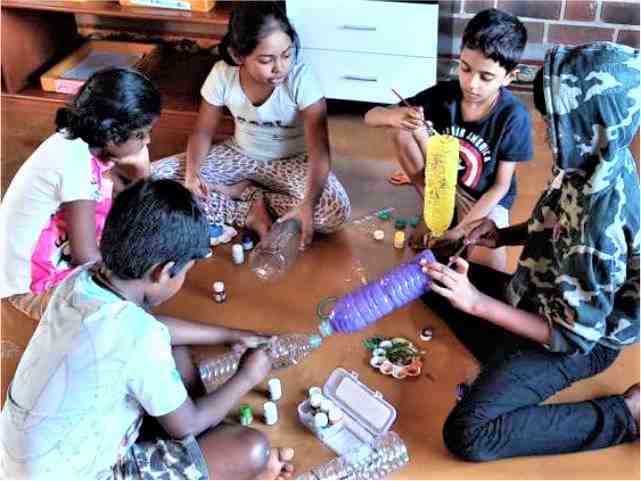
Communication Skills, and Leadership
Children also learn to mentor and to ask for help and coaching. Teachers often encourage children to ask peers for help, or to approach more experienced or older children for help when a teacher is in a lesson or otherwise busy. More advanced students often enjoy teaching lessons to less experienced ones, or editing their work and in the process solidify their own learning. Children present their research to their peers and learn from their peers’ presentations. Presenting their work motivates children to learn deeply, while peer questions push further understanding, and the practice of speaking to a group hones communication skills.
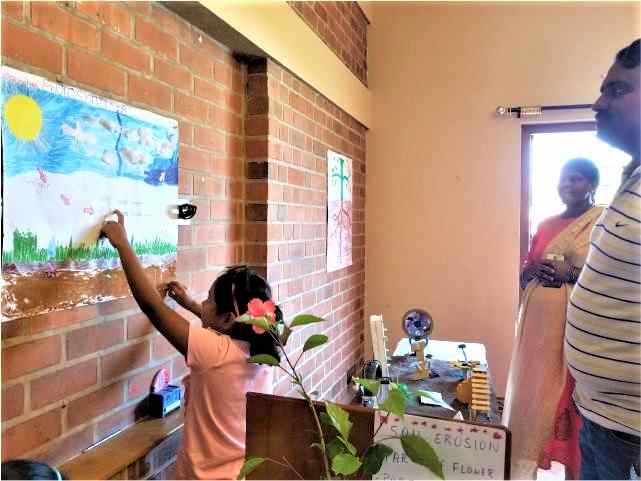
Get in Touch with Us
Our Headquarters are in Chennai and Puducherry
27-28, 2nd Cross
Moogambigai Nagar
Reddiarpalayam, Pondy - 605 010
Phone: +91 9994851951
Phone: +91 9361919996
Email: contact@vrukshamontessori.com
24-25, 12th Cross
Ranga Reddy Gardens
Neelankarai, Chennai - 600 041
Phone: +91 9994851951
Phone: +91 9361919996
Email: contact@vrukshamontessori.com
We are social
Click For
Contact Us
